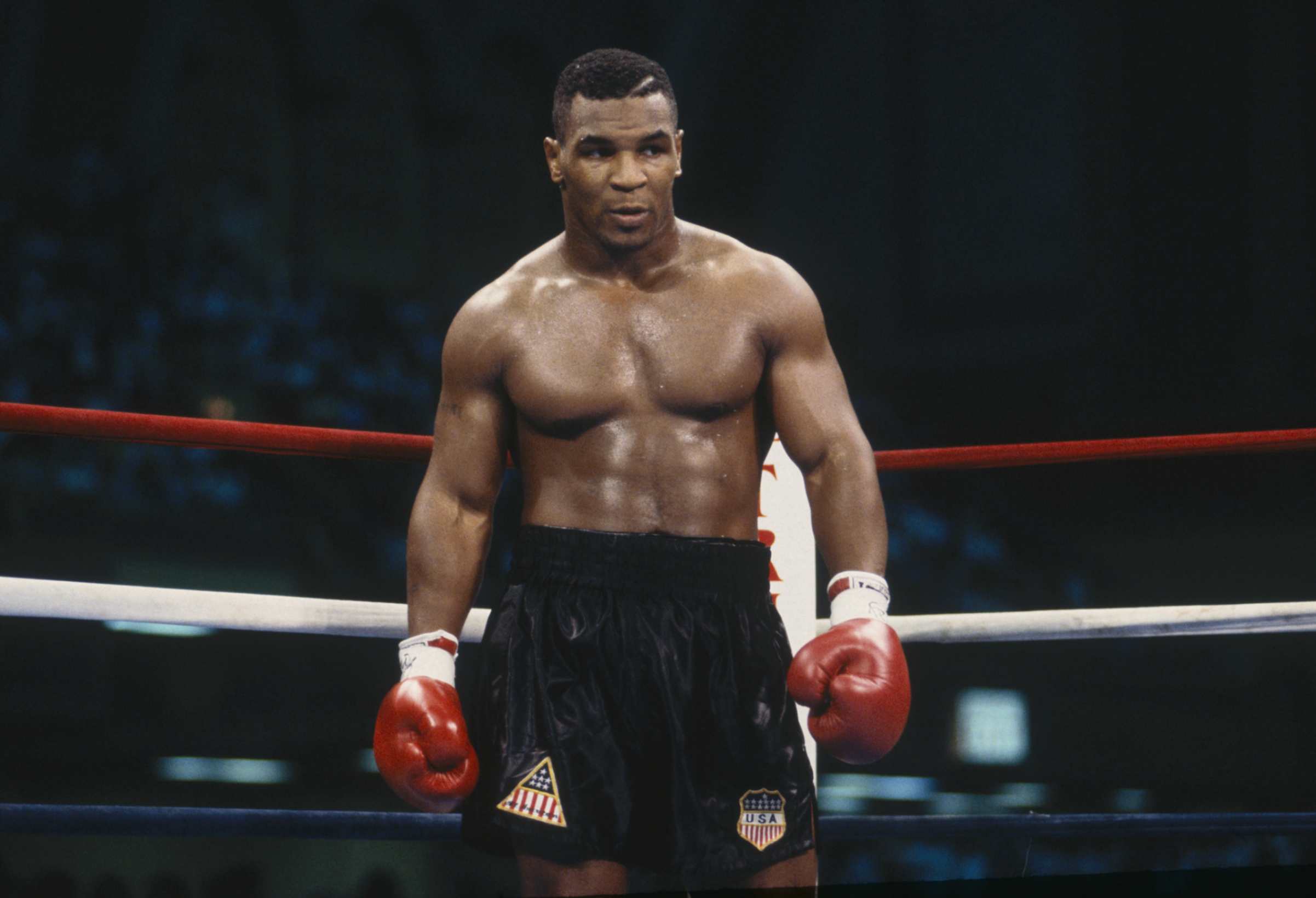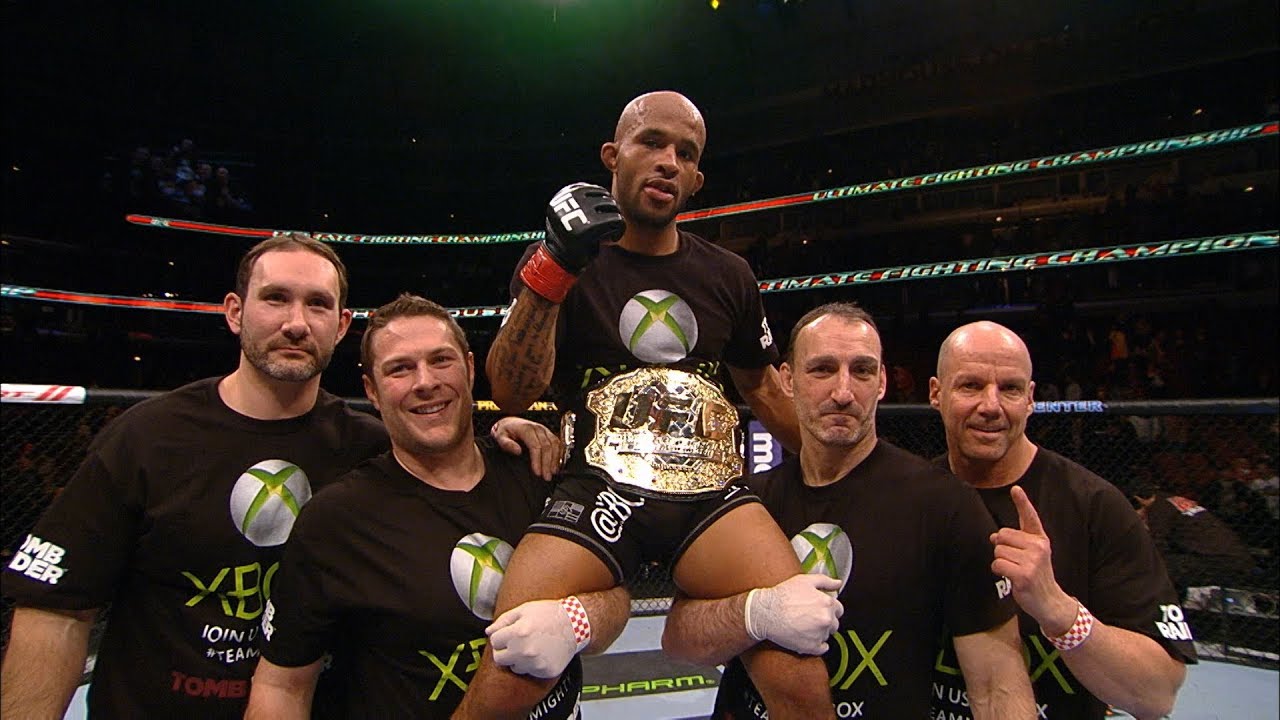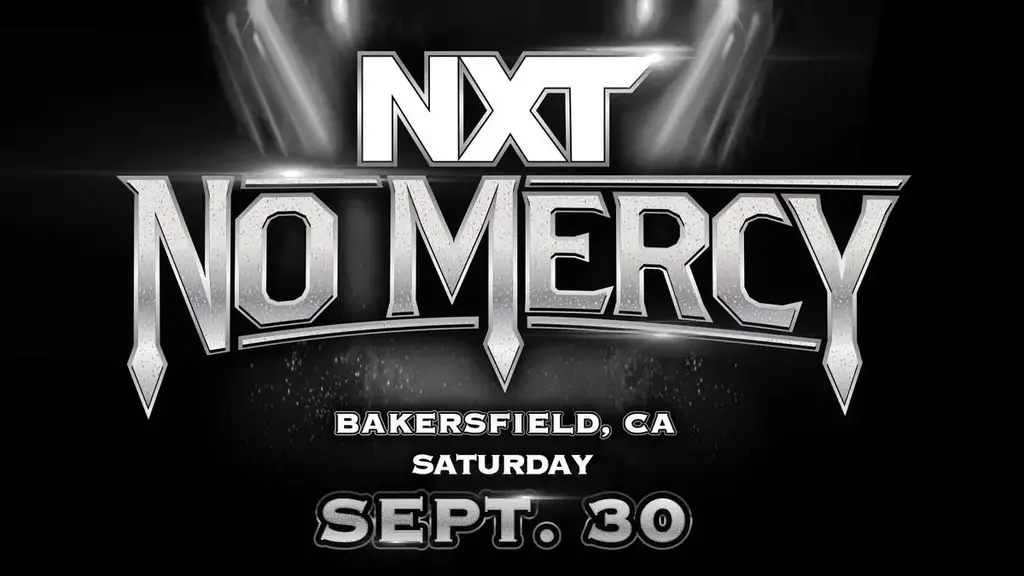The Business Of WWE: How Merchandise, Ticket Sales, And Media Deals Shape The Company
World Wrestling Entertainment is an international entertainment powerhouse founded on adrenaline-packed wrestling, charismatic superstars, and captivating storylines. Core to this glamorous wrestling platform is an astute corporate organization reinventing how to retain the WWE brand amidst the formidable competition in the entertainment world through diversified streams as a basis for their business. This paper examines the business of WWE—how merchandise, ticket sales, and media deals shape the company’s bottom line.
Merchandise: Branding and Revenue
The Power of Branding
Merchandise is one of the cornerstones of WWE’s revenue model and is a significant contributor to the company’s financial health. WWE can create and market its superstars into larger-than-life characters, for which it holds a strong merchandise business, from action figures and T-shirts to replica championship belts and video games.
Evolution of Merchandise Sales
Historically, WWE merchandise sales have evolved from simple, straightforward memorabilia-based products to sophisticated, highly detailed character-driven product lines. In the 1980s, Vince McMahon touted their most popular superstars, like Hulk Hogan, with many products bearing his likeness. During that period, some of the iconic merchandise items were made, like the red and yellow Hogan T-shirts and the foam fingers that became symbols of fandom.
Merchandise offerings diversified as WWE’s roster did. Now, product offerings are molded to accommodate the different personas and catchphrases of superstars within the company. For instance, “Stone Cold” Steve Austin’s “Austin 3:16” t-shirts and The Rock’s “Just Bring It” apparel became huge sellers during that period, really driving massive revenue in the Attitude Era.
Modern merchandise strategies
WWE has shifted to a digital and data-driven merchandise sales method over the past few years. With WWE Shop, the company’s official online store, fans can use their gadgets to avail of various products immediately. WWE dusts off data analytics to understand purchasing patterns and consumer preference trends so that these can be tailor-made for this merchandise.
Collaborations with major brands and designers have also raised the appeal of WWE merchandise. For example, limited edition items such as collaborations with trendy sneaker brands increase sales because they create the perception that they are constrained and there is urgency in making a purchase. Moreover, WWE also has a massive presence at live events and fan conventions like WrestleMania Axxess, giving special merchandise specific to the said event that complements the experience of a fan attending a live event.
Financial Impact
Merchandise sales devastate WWE’s bottom line. As reflected in WWE’s financial reports, the sale of consumer products usually adds to its overall revenue. Every time a new superstar comes out or there is a resurgence for a much-liked veteran, usually an instant spurt in merchandise sales follows right after to prove that there is a direct link directly relating character popularity to merchandise money.
Ticket Sales: The Live Experience
The Importance of Live Events
Live events have always been part of WWE’s business model. First, it creates the chance for fans to play their role in active professional wrestling. Above that, it hosts a long list of live events, from week-to-week shows—televised like Raw and SmackDown—to significant pay-per-view events like WrestleMania and SummerSlam. These live WWE events get thrillingly exciting for any fan, leave an endearing promise, and provide a reason to sell tickets and stay loyal to the brand.
Evolution of Live Events
The WWE’s approach to live events has undergone considerable change throughout the years. This early period was filled with wrestling shows that were purely local or regional events, so most of them ran in smaller venues like local gymnasiums or even theaters. But with WWE’s popularity coming to the fore, the company started staging the events in ever-larger arenas and finally in huge stadiums, with crowds of thousands.
Major pay-per-view events began introducing themselves in the 1980s—the first being WrestleMania. It became a cultural phenomenon, known colloquially as the “Super Bowl of wrestling,” and set new heights with huge attendance figures and millions of dollars in ticket sales. WrestleMania spawned many other annually held pay-per-view events, each representing a uniquely themed fan appeal.
Ticket sales strategies
WWE applies several distinct methods to maximize tickets for live events. One significant way the WWE sells tickets is through marketing and promotion. With its vast media footprint—heavy pounds of television, social media, and the WWE Network—it allows word out, extending the knowledge of up-and-coming events within the fan base.
Because added value to the live event experience in the form of pre-sale opportunities for loyal fans and exclusive packages such as VIP meet-and-greets encourage early ticket purchases, there may be the capability to lock in revenue with committed fans. Added to this, dynamic pricing strategies can maximize revenues from ticket sales.
Financial Impact
Ticket sales are one of the most critical revenue streams for WWE and a significant contributor to the company’s financial performance. Major events of this nature, WrestleMania, for example, have generally driven huge revenues through selling tickets, sometimes resulting in breaking attendance and revenue records. Success from the live-events business helps drive ancillary group revenues related to merchandise selling and concession sales, further ensuring maximal profitability.
Media Deals
The Power of the Media
Probably the most important aspect of WWE’s business model has to do with media deals. Media rights represent a huge chunk of WWE’s revenue, and it is through these rights that the company has been expanding its reach worldwide. Similar to other international wrestling promotions, WWE deploys various channels in the media to reach millions of fans across the globe, including television, digital, and streaming services.
Evolution of Media Deals
The WWE’s media strategy has changed with changing media times. Syndication of WWE’s television programming on local stations was its cradle in earlier days. With the 1980s came cable television, and WWE found a national platform to sell its product. Flagship shows Raw and SmackDown for WWE became staples of all major cable networks, pulling large audiences.
In 2000, the age of digital media marked the opening of several windows for the WTO. The company created its official website, WWWE.com, and became more credible online by attracting increasing exposure through social networking sites like Facebook and Twitter. The end resulted in WWE creating original content for YouTube, Twitter, and Facebook while reaching out to its fans in different ways that were exciting in many numbers.
The WWE Network
The big step in WWE’s media strategy was the first wave of a WWE Network in 2014 as a subscription-based streaming service. It holds a vast library of video content—live pay-per-view events, original shows, and classic matches—loaded with wrestling actions.
The WWE Network game changed how wrestling fans consumed their content. For a monthly fee, it gives access to WWE programming anytime, anywhere, and on any device. That was quite a fearless step to prove the dedication of WWE to remaining committed to embracing change within the ever-changing media landscape and importing new technologies.
Major media sponsorships
Here, campus success in the media sector is taken by WWE with its strategic partnerships across critical networks and streaming platforms. In 2018, WWE set up groundbreaking TV deals with USA Network and Fox Sports for Raw and SmackDown. These awarded them humongous contracts that paid the company money and welcomed further audiences across the market.
Beyond the traditional TV deals, WWE also partners with Amazon Prime and Hulu in content distribution. This will help them achieve extended reach, more so for a younger group of viewers who stream more rather than watch traditional television.
Financial Impact
Media deals are the most significant revenue driver for the WWE and, collectively, account for the most significant chunk of the company’s overall fiscal performance. The consistent revenues associated with the TV contracts, coupled with an expanding WWE Network subscriber base, place WWE on a sound financial footing with the resources to invest in its product and talent.
Diversification and innovation
Expanding Revenue Streams
In addition to the money WWE gets from merchandising, ticket sales, and media rights deals, it is constantly looking for new ways to help diversify its revenues and transform its business model. It has made forays into such businesses as feature film production, video games, and international markets to grow its brand and attract new fans.
WWE Studios
WWE Studios represents a movie production arm that produces a slate of films and television shows featuring WWE superstars. Not every project rolled out by WWE Studios has been a critical success story, but they have added further revenue streams and cross-promotional opportunities.
Video Games
The collaboration of WWE with video game developers has resulted in popular titles like the WWE 2K series. In this way, they allow fans to live in a WWE universe, creating one’s own character, competing in matches, and replaying classic moments. Thus, these games about WWE have built up colossal money inflow and connected further with young viewers.
International Expansion
The most instrumental factor in the growth of WWE’s global presence has been its multi-country expansion strategy. WWE hosts live events globally on a large scale, particularly in the markets of the United Kingdom, India, and Saudi Arabia, drawing big crowds and collections. The localization of content through the launch of international versions of the WWE Network and signing up talent from across the globe held massive potential for the growth of its global presence.
The Future of the WWE Business Model
Embracing new technologies
WWE stays faithful to its vows as it embraces new media landscape changes by remaining relevant and adopting new technologies and platforms. With the rise of streaming, social media, augmented reality, and virtual reality, WWE would have added more means to innovate and enhance fan experiences. Digital and social media The digital and social media strategies are integrated right into the future business model of WWE. The entity engages its fans, markets its products to a new set of viewers, and opens multiple revenue-generating lanes through advertising and sponsorship on YouTube, Instagram, TikTok, etc. Digital content within the realm of WWE is entailed to provide not only exclusive behind-the-scenes footage but also interactive experiences that bring the fan closer and engender emancipation of fans.
Virtual reality and augmented reality
Much is to be said about the numerous potentials of VR and AR within professional wrestling. The WWE has experimented with various types of VR and AR experiences that include buying virtual front-row seats for their live events and AR-enhanced entrances for superstars. All of these further engage the fan in a more immersive, interactive experience, hence leading to new ways of generating revenue and differentiating WWE from any other entertainment brand. Continuing to innovate, it could innovate and quickly adapt to the changes in market dynamics, which has gone a long way in ensuring WWE’s long-term success. The readiness of this company to adopt new technologies, diversification of means of revenue, and increasing presence across the world are what have made WWE dominate players within the entertainment industry.
Conclusion
The WWE business involves a multi-legged and dynamic operation: merchandise, ticket sales, and media deals. These reflect the major revenue streams for the company and greatly underpin its good financial health and overall success by providing world-class entertainment to millions across the globe. The ability of the WWE to innovate and adapt to changing market trends and other new technologies will further spawn an excellent future for the company amidst changes in the entertainment canvas. As WWE continues to look into the future, commitment will be held to retaining compelling content and creating unforgettable experiences at the heart of its business strategy.
WWE Studios
WWE Studios represents a movie production arm that produces a slate of films and television shows featuring WWE superstars. Not every project rolled out by WWE Studios has been a critical success story, but they have added further revenue streams and cross-promotional opportunities.
Video Games
The collaboration of WWE with video game developers has resulted in popular titles like the WWE 2K series. In this way, they allow fans to live in a WWE universe, creating one’s own character, competing in matches, and replaying classic moments. Thus, these games about WWE have built up colossal money inflow and connected further with young viewers.
International Expansion
The most instrumental factor in the growth of WWE’s global presence has been its multi-country expansion strategy. WWE hosts live events globally on a large scale, particularly in the markets of the United Kingdom, India, and Saudi Arabia, drawing big crowds and collections. The localization of content through the launch of international versions of the WWE Network and signing up talent from across the globe held massive potential for the growth of its global presence.
The Future of the WWE Business Model
Embracing new technologies
WWE stays faithful to its vows as it embraces new media landscape changes by remaining relevant and adopting new technologies and platforms. With the rise of streaming, social media, augmented reality, and virtual reality, WWE would have added more means to innovate and enhance fan experiences.
Digital and social media
The digital and social media strategies are integrated right into the future business model of WWE. The entity engages its fans, markets its products to a new set of viewers, and opens multiple revenue-generating lanes through advertising and sponsorship on YouTube, Instagram, TikTok, etc. Digital content within the realm of WWE is entailed to provide not only exclusive behind-the-scenes footage but also interactive experiences that bring the fan closer and engender emancipation of fans.
Virtual reality and augmented reality
Much is to be said about the numerous potentials of VR and AR within professional wrestling. The WWE has experimented with various types of VR and AR experiences that include buying virtual front-row seats for their live events and AR-enhanced entrances for superstars. All of these further engage the fan in a more immersive, interactive experience, hence leading to new ways of generating revenue and differentiating WWE from any other entertainment brand. Continuing to innovate, it could innovate and quickly adapt to the changes in market dynamics, which has gone a long way in ensuring WWE’s long-term success. The readiness of this company to adopt new technologies, diversification of means of revenue, and increasing presence across the world are what have made WWE dominate players within the entertainment industry.
Conclusion
The WWE business involves a multi-legged and dynamic operation: merchandise, ticket sales, and media deals. These reflect the major revenue streams for the company and greatly underpin its good financial health and overall success by providing world-class entertainment to millions across the globe. The ability of the WWE to innovate and adapt to changing market trends and other new technologies will further spawn an excellent future for the company amidst changes in the entertainment canvas. As WWE continues to look into the future, commitment will be held to retaining compelling content and creating unforgettable experiences at the heart of its business strategy.


















